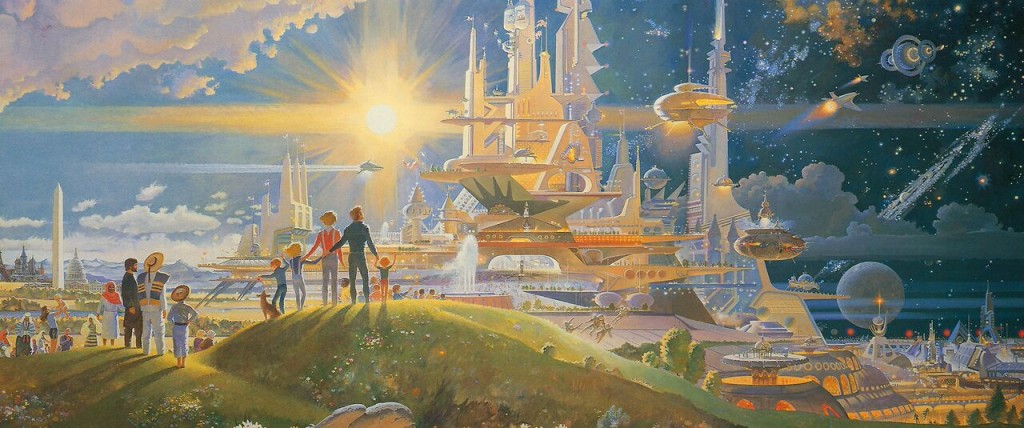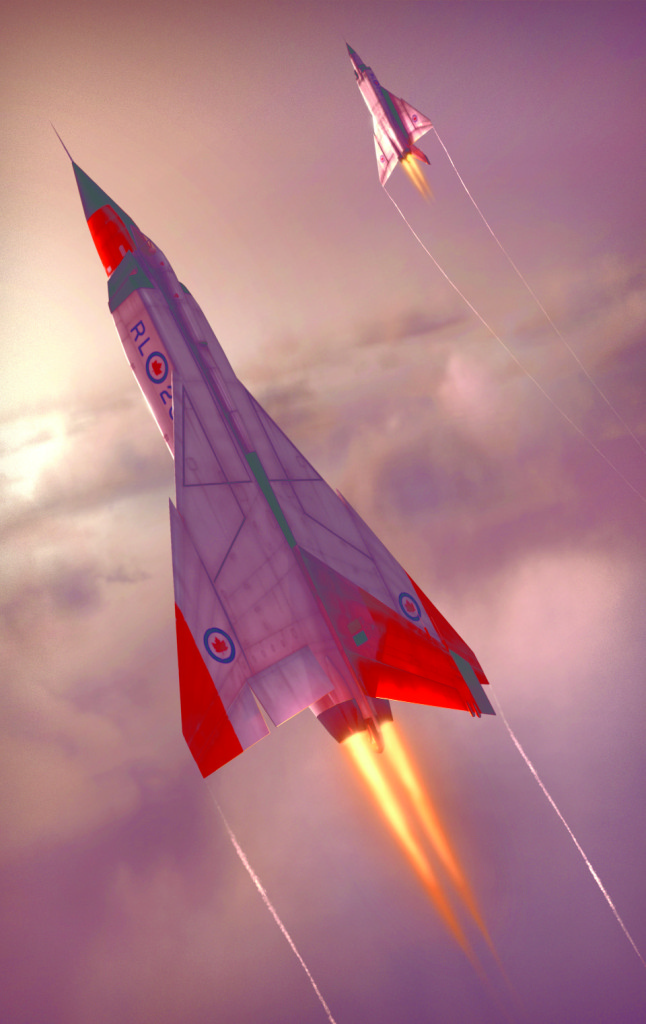
Iain M. Banks explores perfection in his The Culture series
By Greg Waldock, Staff Writer
What is the end goal of Western civilization? That’s one hell of a question, but it is one that needs to be asked if we want to claim to have ideals and values. It is a question Iain M. Banks asks in his landmark The Culture series, which shows a civilization that has reached its end goal. The Culture is a stateless, totally egalitarian, hyper-advanced society with no money, racism, sexism, sexual taboos, hierarchy of power, scarcity, or nationalism. It has no flag or government, no religion, no laws. Humanity has spread across and beyond the galaxy, and simply chose to be better through technology. This is presented as the end-point of our process obsessed society: Ultimate peace, near immortality, and the extinction of all forms of prejudice.
So much of fiction examines our struggle to improve according to our ideals. In his books, Banks takes a completely different approach and instead asks, what happens when we win? What are humans when we make the perfect society, without struggle or hate or crime? We focus on our fight to improve the world so much that we can lose sight of what we’re fighting for. Banks aims to show a universe where the fight ends. And I think it says something important that most of us legitimately do not think humans can create a perfect world.
Banks’ harshest criticism of The Culture, and by metaphor Western civilization, comes from its arrogance and condescension. The many alien races of his universe see The Culture as insufferably perfect, having every answer to every problem and acting purely according to their own powerful sense of morality, leading them to meddle in places they shouldn’t be. This reflects a deeply uncomfortable aspect of the west and its technological progress: The dark side of that progress is “The White Man’s Burden,” the unthinkably condescending belief that we know best and everyone else is wrong, and it’s our tragic duty to drag them out of savagery. The Culture makes first contact with many planets, absorbing those new races into its fold. It is less forceful than our own history of colonization but it is no less reflective of a scary self-centeredness.
Despite being about a utopia, The Culture series is not optimistic. Humans built computers smart enough to be self-aware, and humans were caring enough to grant all sentient machines and aliens full citizenship into their society. But The Culture always, always encourages problems outside its borders and sees any moral failing as physically impossible. Despite being open and tolerant internally, they meddle externally, engaging in almost accidental and indirect wars, or refusing to acknowledge the violence they commit. The Culture, despite being the end-point of all scarcity and disease, is still human.
Ultimately, Iain M. Banks leaves the morality of The Culture—and the west—up to the reader to decide. Does having limited resources keep us grounded, and aware of our crimes? Does inequality make us unique? Are all the problems in humanity necessary parts of our society? It is depressing, but important, to think about.

